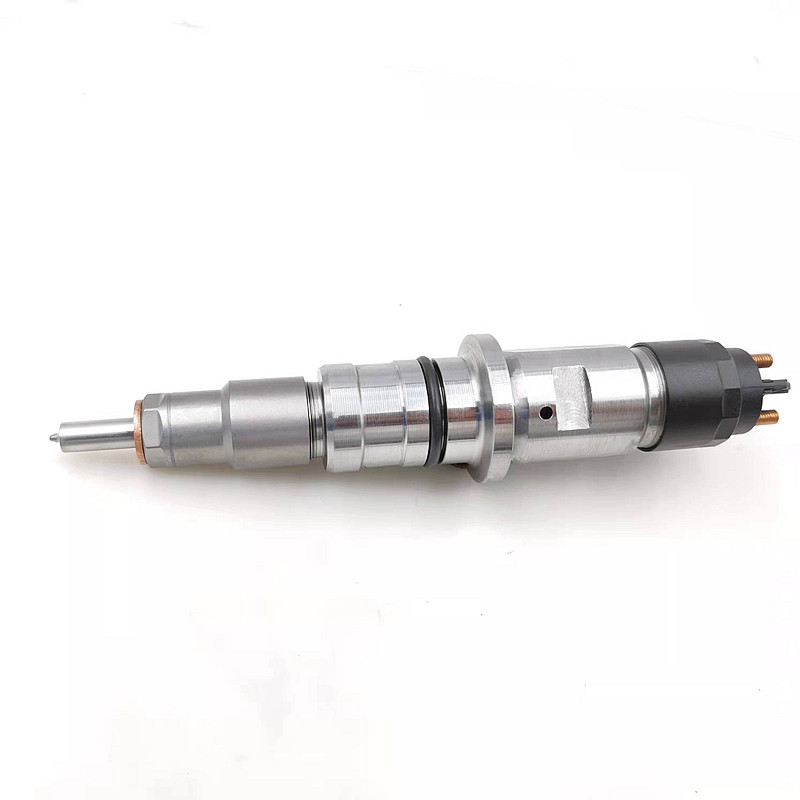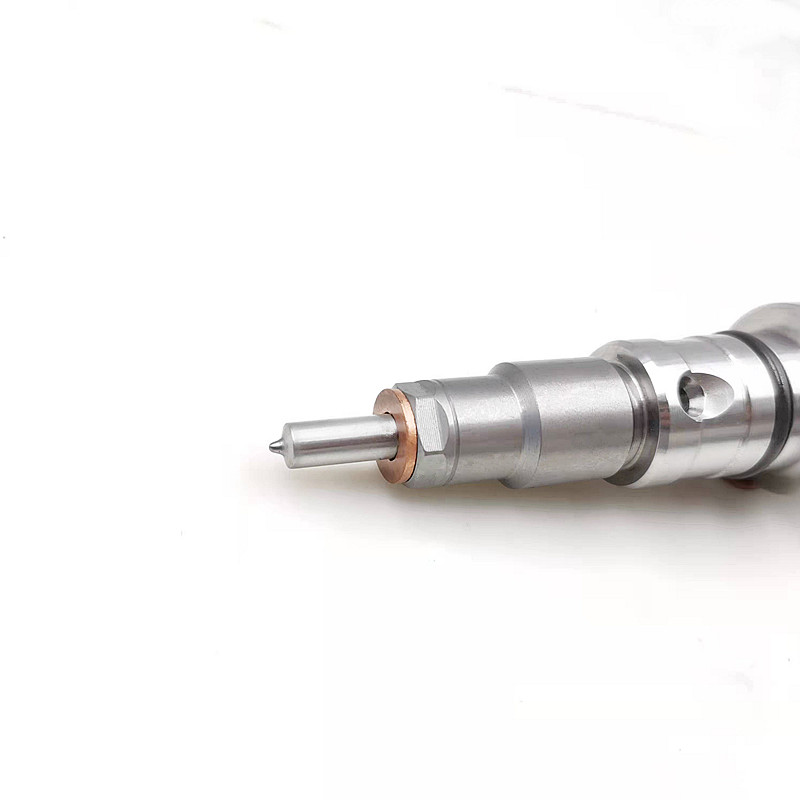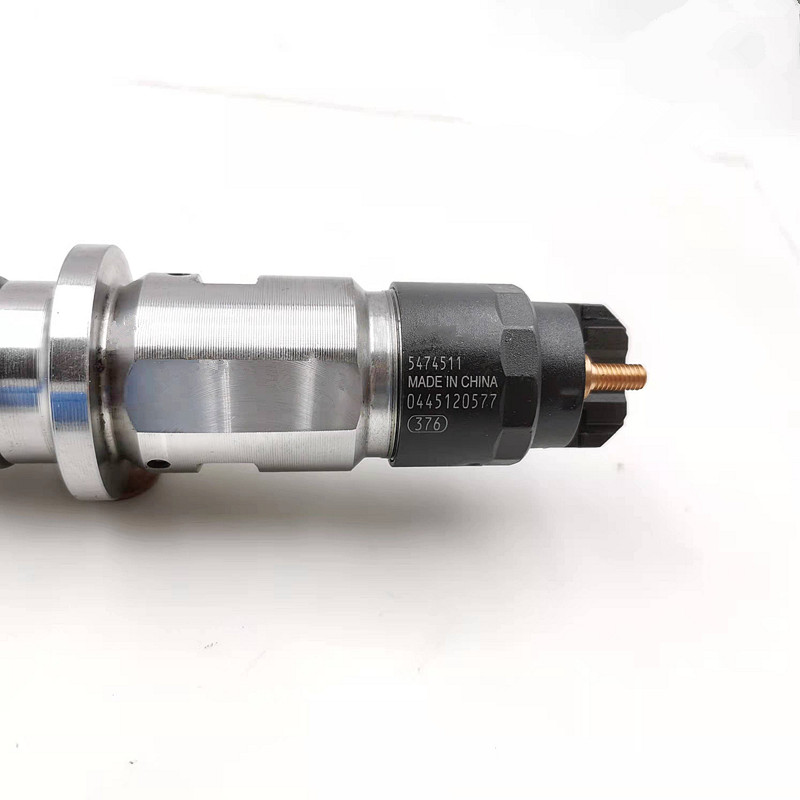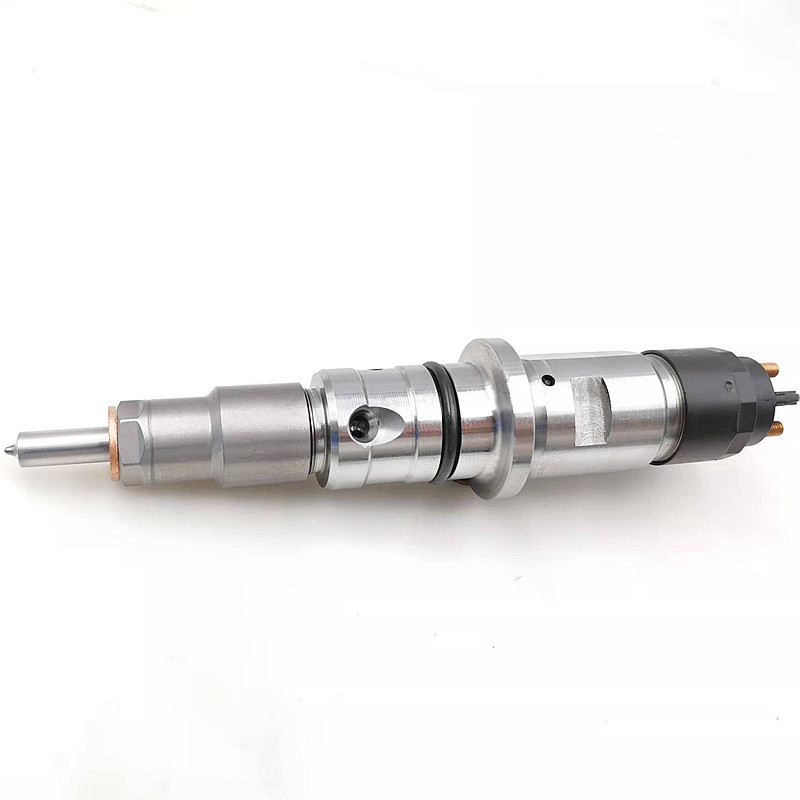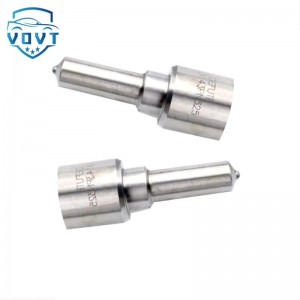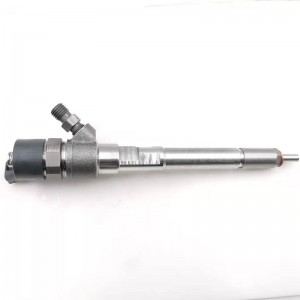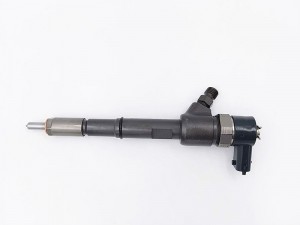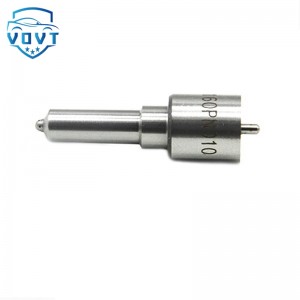Diesel Injector Fuel Injector 0445120577 compatible with diesel engine
| Produce Name | 0445120577 |
| Engine Model | / |
| Application | / |
| MOQ | 6 pcs / Negotiated |
| Packaging | White Box Packaging or Customer's Requirement |
| Lead time | 7-15 working days after confirm order |
| Payment | T/T, PAYPAL, as your preference |
Design and analysis of multi fuel injector (part 2)
In order to fulfill the new emission norms, it becomes mandatory to utilize the advanced technology of fuel injection systems in the replacement of the traditional carburetor system. The main difference between the fuel injectors and the carburetor is based on the fact that the carburetor depends on the low pressure induced by the flow of suction air through the venturi to draw the fuel for mixing with the air stream.In the case of fuel injectors, the pressurized fuel from the fuel pump is injected through a small nozzle under high pressure.
The quantity of fuel used in different combustion equipment is based on various external and internal factors, including engine load, injection timing, output power, type, quantity, and properties of the fuel, and ambient conditions. The opening andclosing of the injector are done by electrical, mechanical, hydraulic, and electromechanical means. The adaptation of injectors comes across a significant drawback in the form of a fuel cycle to cycle injection control.
One approach in overcoming the above problem is the employment of a solenoid valve in the unit injectors for controlling the opening and closing of the nozzle in order to vary the fuel quantity and the fuel injection timing during the cycles. The secondary problems are the rapid depletion of fossil fuel resources necessitating the search for an alternative clean-burning fuel that should be sustainable and environmentally friendly. The promising alternative fuels are natural gas, LPG, producer gas, biogas, alcohols, acetylene, and vegetable oils.
Gary; et al. [1] vide US patent number 5,419,492 developed an electromagnetic unit fuel injector controlled by solenoid coil to provide precise metering and required timing injection of the fuel. Vardeet al. [2] conducted an experimental study using a single-cylinder SI engine using electronic hydrogen fuel injector.

